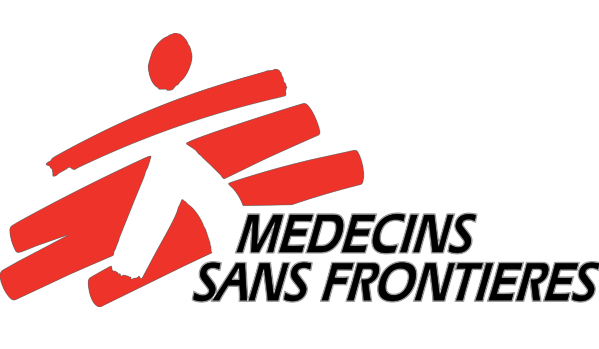New emergency grants protect children from violence, typhoon and flood
November 20, 2017

The IKEA Foundation has given emergency grants to partners Save the Children and Médecins Sans Frontières (MSF) to help families affected by a typhoon in Vietnam and fighting in the Democratic Republic of Congo (DRC).
Typhoon and flood in Vietnam
Typhoon Damrey hit Vietnam on 4 November. During 16 hours of raging winds, the typhoon blew the roofs off thousands of houses, felled trees and electricity poles, and caused the destruction of thousands of homes and hectares of farmland.
The situation got worse after the typhoon had passed, as extremely heavy rain started falling, causing flooding in many areas. Dozens of people have died or are missing, and many communities have been left isolated.

We have immediately given Save the Children €100,000 to support around 5,700 of the most vulnerable people, including 2,840 children. Our grant will help children continue their education by improving latrines and water systems in damaged schools, promoting good hygiene and providing teaching materials. It will also pay for 500 water filters for affected families.

Responding to natural disasters immediately is critical to save lives and prevent more damage. We have been working with Save the Children in responding to emergencies since 2013, to provide rapid support and reduce the negative impacts of the emergency on children. We have supported Save the Children with a total of around €5 million in more than 30 crisis situations around the world.
Shambhavi Sharma, Humanitarian Programme Manager at the IKEA Foundation, said: “Our multi-year agreement with Save the Children provides almost instant cash support in emergencies. This funds activities like child protection and education, which are often overlooked in a first response, but are vital to prevent other risks like kidnapping and trafficking of children.”
Violence in Democratic Republic of Congo (DRC)

Fighting in Tanganyika province in DRC has forced around 500,000 people to leave their homes. Around half are living in and around the town of Kalémie, staying with family or living in makeshift settlements.
In August, more fighting broke out in some of these settlements, forcing people to seek safety in the town. Many families ended up sleeping outside, while conditions in the informal settlements are dangerously overcrowded. As a result, fires have broken out and there is a high risk of diseases such as cholera and measles spreading.

We have given MSF a grant for €1.4 million to continue providing its life-saving health services. These include treating patients with cholera, installing hand-washing points and improving access to clean water, latrines and showers in the settlements. MSF has also vaccinated more than 20,600 children against measles and is running mobile health clinics.

In 2016, we began a partnership with MSF to help them respond to unseen emergencies that get little or no media attention. So far, we have responded to crises in DRC, Yemen and Nigeria, donating a total of €4.4 million. Our aim is to enable our partners to do their life-saving work and create visibility in the hope of mobilising other donors.
Shambhavi added: “Every minute counts when it comes to protecting children from threats like floods, typhoons and violence. Our long-term agreements with Save the Children and MSF, which give immediate cash support, ensure that no time is lost in negotiating terms and conditions during an emergency. Our partners can immediately go out to the field and support affected children and their families.”






